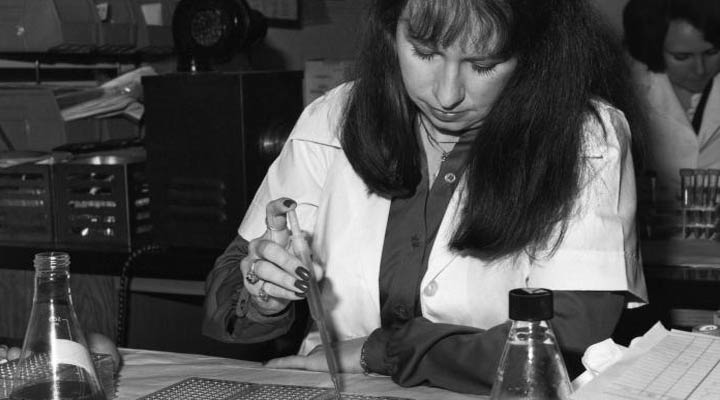
I don’t want to be misinterpreted here. But the more I write, the thinner the ice beneath me. A crack, I just heard a crack. Heck with it. I’m going forward, slowly. I’ll have to depend on your judgment and willingness to offer me the benefit of the doubt.
Yes, I fully support the current understanding of Covid-19 and American efforts to address it. I support it. This post, though pertaining to illness, isn’t about that.
I want you to think about what’s changed over the past 52 years. Yeah, I know, a lot. Obvious question, obvious answer. Now let’s approach it from a different angle. Remember, I’m counting on your benefit of the doubt.
I’ll start with a what-if. By the way, if you want some longer what-if essays of mine that deal with alternative history (a great exercise for you in creative thinking), please go here. https://historicalsolutions.com/category/the-what-if-lab/
Here’s my shorter what-if for now.
What if President Trump contracted Covid-19 and had to be hospitalized? What if, additionally, Vice President Pence then canceled all travel and appearances as both a personal precaution and potential readiness for a transition of power? What if all this happened in the span of a day or two? How would Americans react?
I don’t know about you, but this is an all too sobering exercise in light of our current events.
Here’s why I posed the questions to you.
In December 1968 this is exactly what happened with President Lyndon Johnson, Vice President Hubert Humphrey, and the outbreak of what was called “Hong Kong Flu” or H3N2. Before it ended, after all the waves were done, 1,000,000 died world-wide with 34,000 dead in the United States. The fatality rate was 0.5%, a Category 2 (out of 5) pandemic.
H3N2 came to the United States via American soldiers re-entering the nation in California, returning from the Vietnam War. The virus originated in eastern Asia.
Which now brings me to my broader point and my earlier questions.
In 1968 the United States, along with much of the world, seemed to teeter on the edge of social and political chaos. Robert Kennedy and Martin Luther King Jr had both been murdered in public. Riots had flamed in most American cities at some time during the year. College campuses were the sites of massive protests and student disruption. The protests often revolved around the Vietnam War, now at its height with more than a half-million American military engaged there, nightly and weekly media reports on bloody fighting, and a vanishing public confidence of American policy in southeast Asia. Domestic terrorism had spiked upward. Drug use was up and, worse, increasingly celebrated in popular culture. Sharp racial divisions were tearing the nation apart. Spiritual allegiances were under assault. A pervasive feeling that a horrible era had begun.
At the same time as this maelstrom spins and swirls in American life, H3N2 hits the POTUS and VPOTUS. Over the course of weeks, several million Americans were sick and 34,000 died.
Why do you think H3N2 didn’t have a worsening effect on the social and civic health of the United States in the late 1960s?
Does the absence of such an effect give you confidence today?
Thanks for considering. Thanks for reading. Thanks for giving me the benefit of the doubt. All the best, Dan







